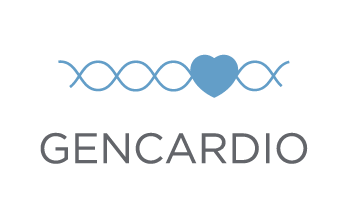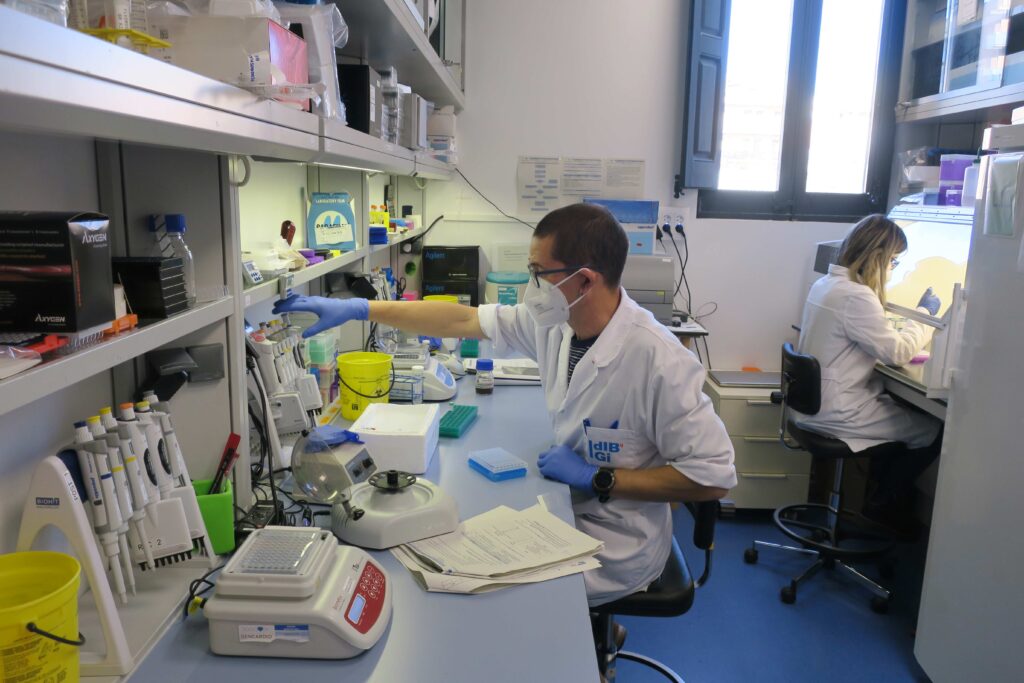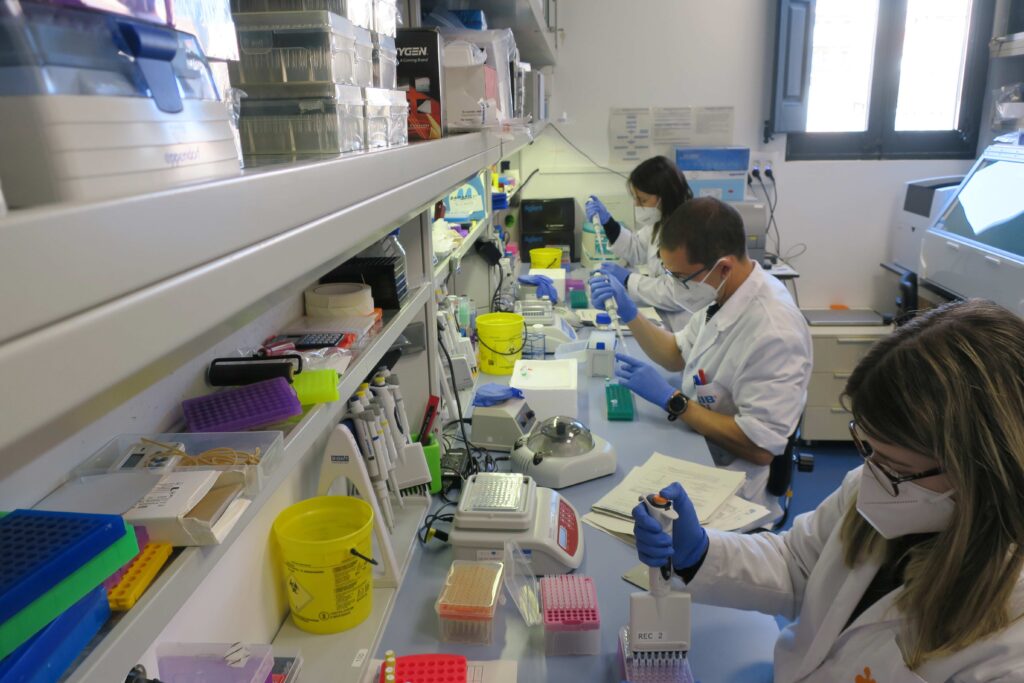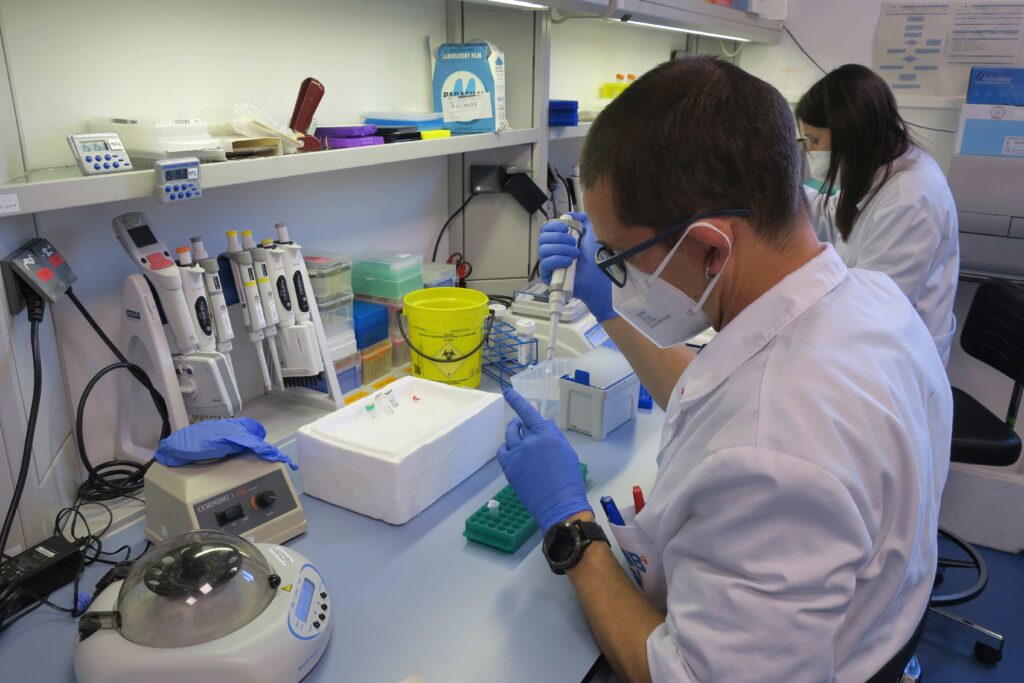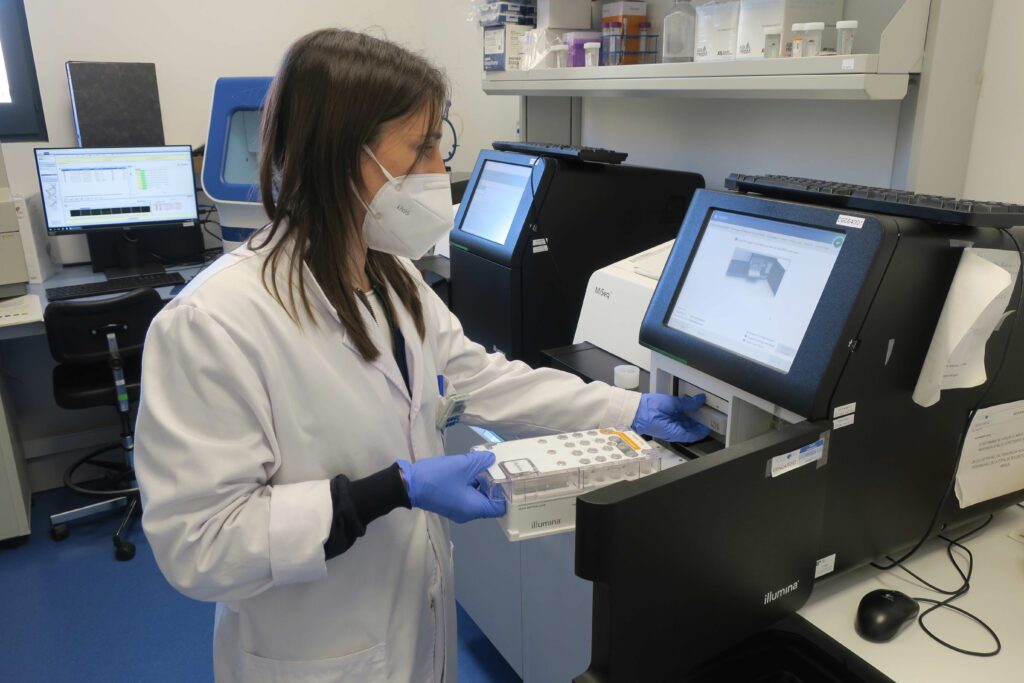In order to maintain quality, keep up-to-date with advances in the field, and provide the best possible service for families, it is essential to be able to manage the specialized tests for rare familial diseases in a same center. The advantages of having a single reference laboratory can be summarized in the following points:
